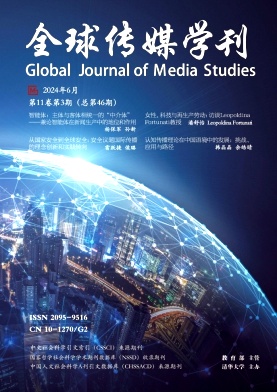Social Distrust and its Antecedents in Risk Communication: A Case Study of an Anti-Nuclear Movement in China
引用次数: 0
Abstract
本研究以文本数据挖掘和内容分析为研究方法,对2013年7月在我国广东江门反核事件过程中搜集到的五千多份表达反对意见的电邮和一千多个电话展开分析,并综合比较媒体报道、关键人物的深度访谈等数据,对江门事件中核电风险沟通中的不信任及其成因作了剖析。研究发现,在江门事件的风险沟通中,在事实层面事实供给不足、另类事实泛滥及弱关系链第三方背书效应,在组织层面对风险沟通机构的能力和善意之消极感知,在社会文化和制度环境层面价值观冲突和信用赤字累积,是导致社会不信任的主要因素。本研究还对社会不信任成因中的社会情境因素作了讨论,提出政治结构中的制度化及制度有效运行的组织保障,社会结构中的贫富差距、价值观差异和沉积的信任文化,以及政治与社会结构之间的交互影响,是社会不信任形成过程中重要的结构性情境因素。风险沟通中的社会不信任及其前因——以中国反核运动为例
This study uses text data mining and content analysis as research methods to analyze over 5000 emails and over 1000 phone calls expressing dissenting opinions collected during the anti nuclear incident in Jiangmen, Guangdong, China in July 2013. Through comprehensive comparison of media reports and in-depth interviews with key figures, this study analyzes the lack of trust and its causes in nuclear power risk communication during the Jiangmen incident. Research has found that in the risk communication of the Jiangmen incident, insufficient supply of facts at the factual level, proliferation of alternative facts, and third-party endorsement effects in weak relationship chains, negative perceptions of the ability and goodwill of risk communication institutions at the organizational level, and conflicting values and accumulated credit deficits at the social, cultural, and institutional levels are the main factors leading to social distrust. This study also discusses the social situational factors that contribute to the formation of social distrust, and proposes that institutionalization in political structures and organizational guarantees for effective institutional operation, as well as the wealth gap, value differences, and deposited trust culture in social structures, as well as the interactive influence between politics and social structures, are important structural situational factors in the formation of social distrust.
本文章由计算机程序翻译,如有差异,请以英文原文为准。
求助全文
约1分钟内获得全文
求助全文

 求助内容:
求助内容: 应助结果提醒方式:
应助结果提醒方式:


